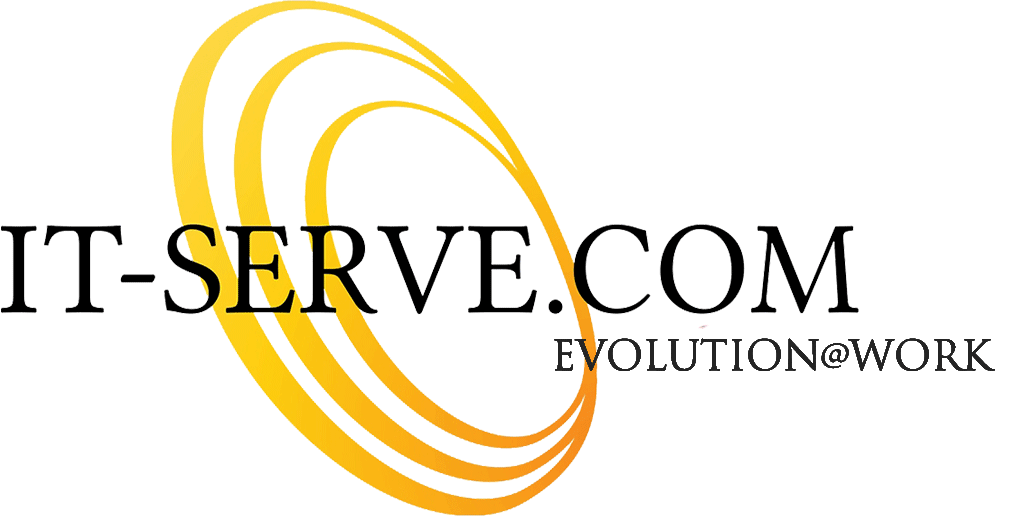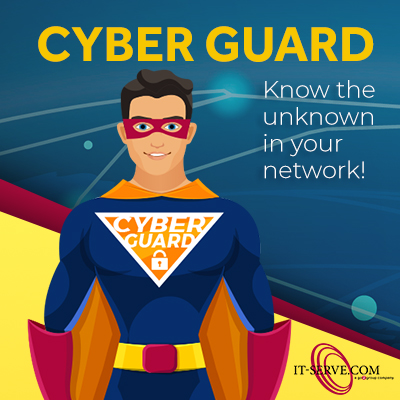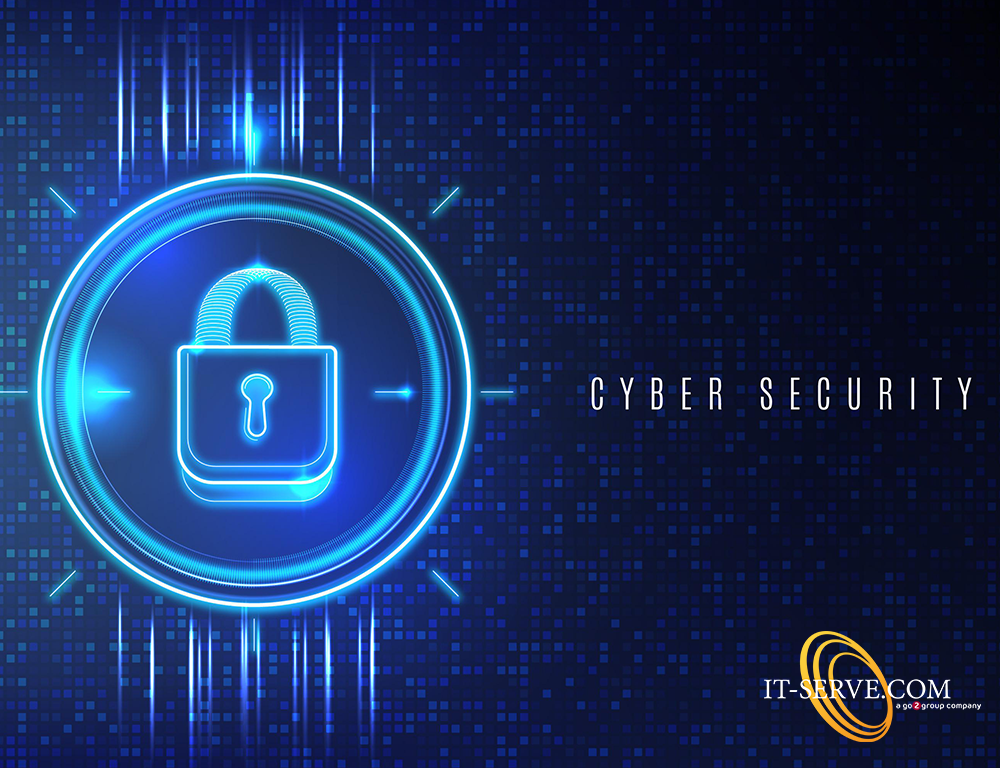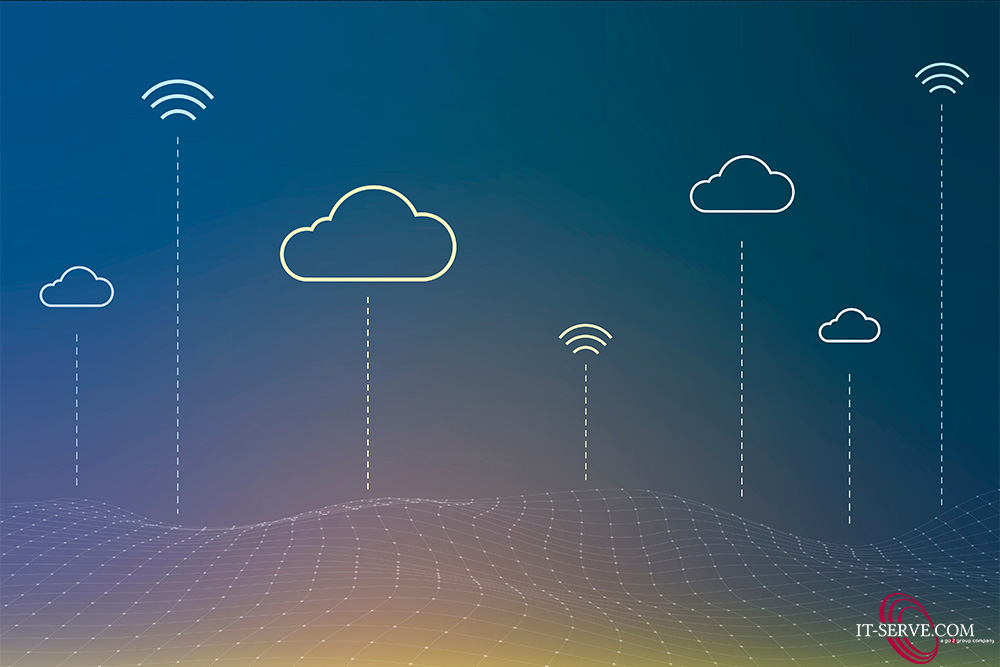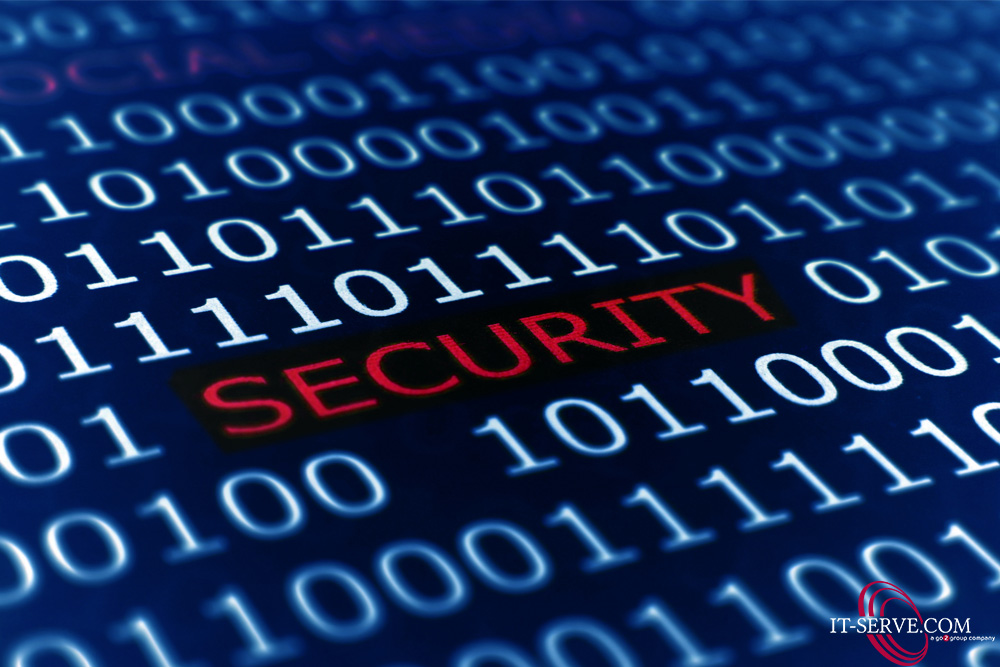
Data is the new oil, and enterprises are investing heavily to safeguard their systems from the risk of data loss, security breach, theft and hacks. There are also quality checks and processes for business users to ensure high security and data standards. However, despite the best efforts, the threat of data loss and hacks still looms large.
Below are four steps that any business or home user can take to create a plan B in case a computer crash or system hack takes place:
Keep the Operating System & Applications Up To Date
Updates to the OS or other important software include important codes and fixes that can help address the various vulnerabilities, issues, and defects in the outdated program. Keeping your operating system and important software solutions like Office Suites and work-related applications, etc. up to date will not just bring additional and updated features but also save you from malware attacks.
An updated OS is also less susceptible to crashes and other issues that may occur if the system is very old. An updated OS is easy to backup and protects installed programs and saved files better.
Invest In Good Antivirus & Security Programs
As the proverb goes, "Prevention is better than cure", and this goes especially for data security and system crash. Ensure your important systems have good security and antivirus programs to stop malware, ransomware, spyware and other attacks. Additionally, make sure to keep optimal firewall settings and scan the PC regularly for any anomalies.
Some antivirus and security programs can also help recover data in case of crashes and hacks, and keeping them up to date is critical to have a plan B in case an adverse event occurs.
Backup Your Files & System Regularly
In the case of hacks and system crash, it is optimal to have a data backup either on the cloud or an external device. Develop the habit of keeping a backup of your important files, and it will be a boon in case of a calamity.
Additionally, make sure to segregate your important files and system files in different drives. This way, if the OS crashes, the files in the other drives will not be affected.

Prepare For Phishing & Other Vulnerabilities
Although users today are clever and do not fall for cyber-criminals, as was the case with the Nigerian prince or other frauds, hackers have also realized and use other means to get your sensitive data. Make sure to have strict policies regarding opening fishy emails and links.
In case the problem still turns up, having a plan B for phishing attacks is paramount. In a world of smartphones and multiple devices, make sure you have multiple logins in case of a phishing attack and revoke access to all other devices in case you think your security is at risk. Keeping strong passwords and changing it regularly will also help to ensure this doesn't happen to you.
System crash or hacks are preventable if the right steps are taken. However, in case the calamity still strikes, having safeguards in place is important. This helps minimize the risk and allows you to recover your data easily.
